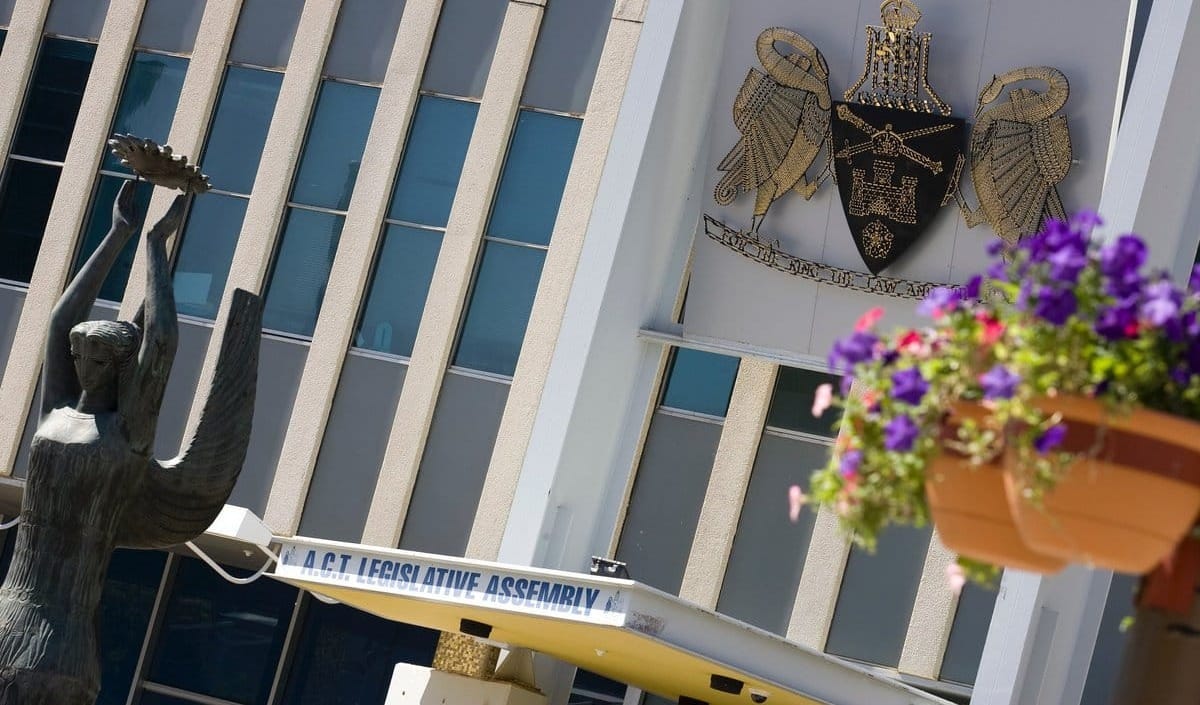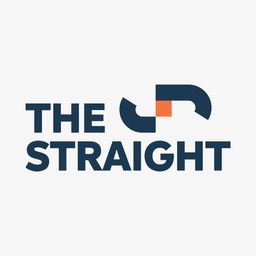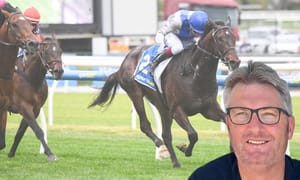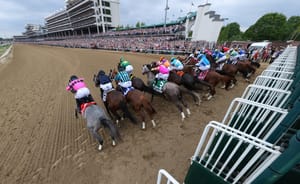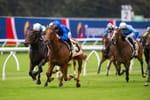The ACT Greens have failed in another bid to withdraw government funding from the Canberra thoroughbred industry as an independent report found that racing contributed $80 million to the ACT economy.
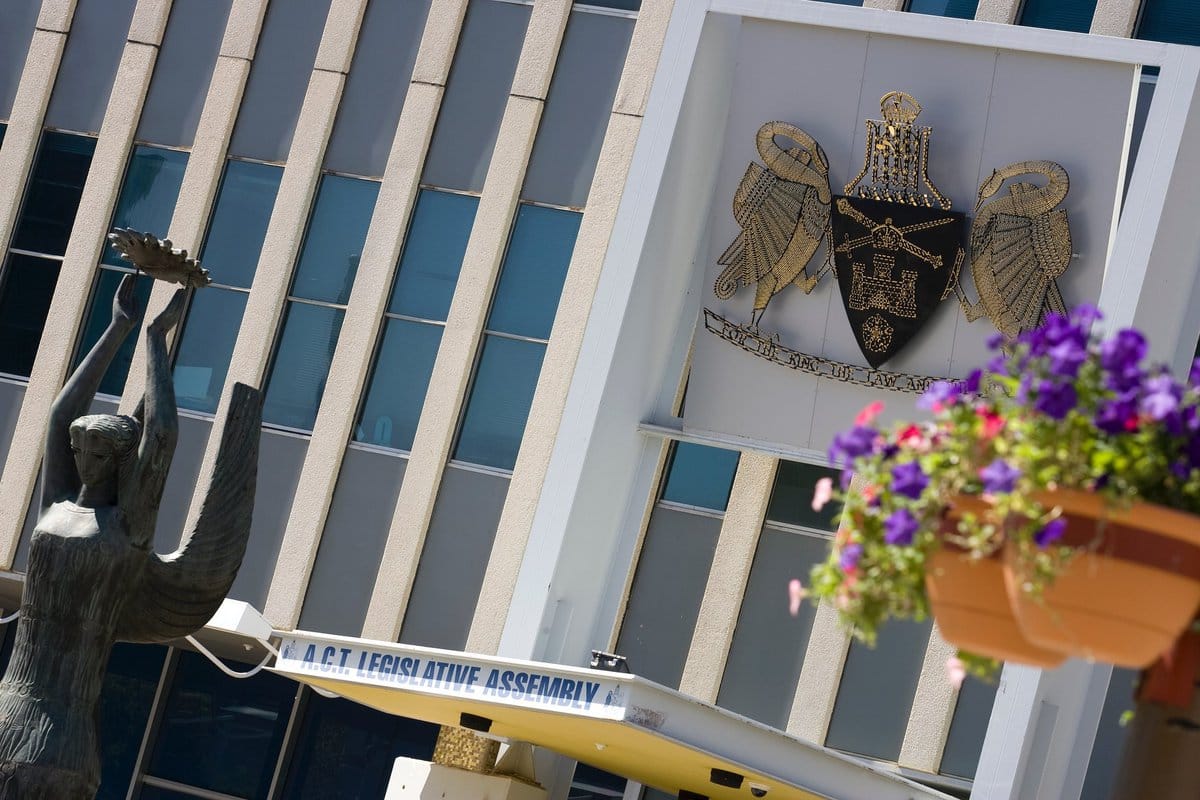
In the final sitting days of the ACT Legislative Assembly, the Greens filed a motion to scrap a Memorandum of Understanding (MoU) that provides taxpayer funding for thoroughbred and harness codes in the Territory.
The motion was defeated with bipartisan support ahead of the ACT government going into caretaker mode before the election, which will be held on October 19.
Canberra’s racing industry receives around $8 million annually from the ACT government under the terms of the MoU signed in 2022.
The MoU is in place until 2027 with the Greens having previously tried twice to cut the funding crucial to the sustainability of the Canberra industry.
"The ACT Greens believe that the ACT government should invest public money in industries that support community need, or bring benefit to the community," MLA Jo Clay said.
"Currently, the horseracing industry receives more public money than the Canberra Raiders, ACT Brumbies, Canberra United and all community sports programs combined.”
Canberra racing’s future remains a key election issue, with the Greens campaigning on a concept masterplan to turn Thoroughbred Park into a new suburb to help ease the capital’s housing crisis.
The Greens say they would negotiate the purchase of the 65-hectare site but are prepared to enact a compulsory acquisition move if necessary.
But ACT Chief Minister Andrew Barr has backed the Canberra Racing Club’s (CRC) proposal for a partial redevelopment worth a reported $2 billion during an election debate.
“I think it's quite possible to develop that precinct in a way that supports new housing, supports a range of community activities, but doesn't seek to compulsory acquire the Canberra Racing Club's land,” he said.
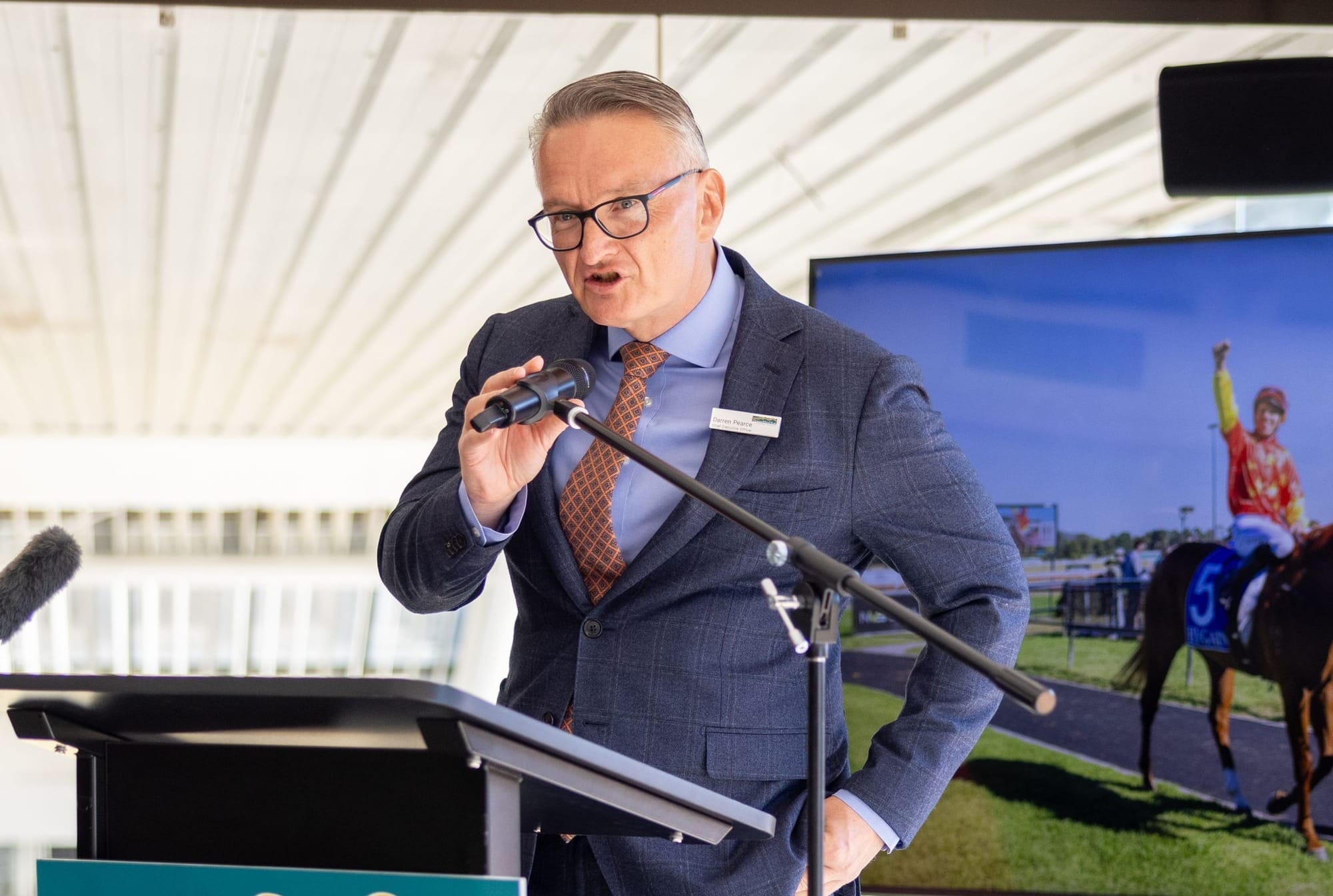
The Greens are a minority coalition partner in the government with ACT Labor.
Barr says there is an underlying tone to the Greens’ housing election platform.
“This has been set up as a political bun fight, largely around an agenda from one political party to end horse racing,” he said.
“Now, they're welcome to have that view, and it's been debated in the Assembly on dozens of occasions over the last four years.
“But there is a pathway through here that reduces the level of public subsidy to the horse racing industry and delivers a housing outcome.”
“That's a win-win for everyone, I would have thought, providing viability for the industry into the future and delivering a housing outcome. “That's something you would want to work towards, I would have thought.
The funding of racing in the ACT is unique because, unlike other Australian racing jurisdictions, the benefits of a Point of Consumption (POC) tax collected by the government are not shared directly with the industry.
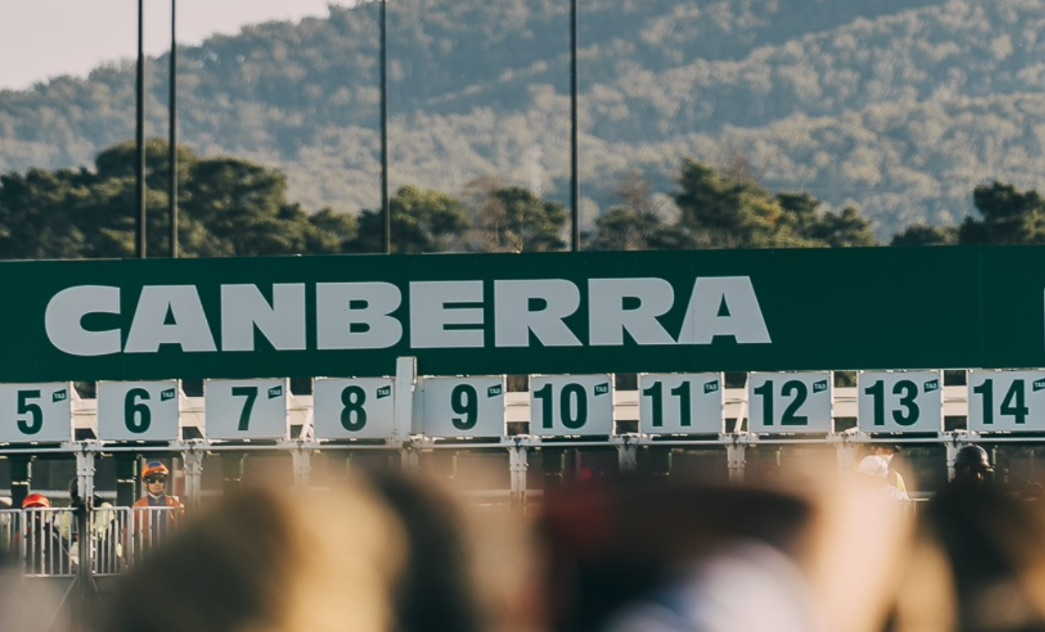
State governments in Australia return anywhere from 20 per cent to 80 per cent of the POC tax collection back to their racing industries.
The POC in the ACT is 25 per cent, the highest in Australia but a 2022 study commissioned by the CRC found that the current funding model places racing in the ACT behind all other states and territories.
A report released this month showed that thoroughbred racing generated more than $80 million in direct expenditure to the ACT economy in 2022/23.
The independent economic impact study, prepared for the CRC as part of its MoU agreement with the ACT government, revealed the Canberra racing industry accounted for 500 full-time equivalent jobs.
Under the MoU, thoroughbred racing in the ACT must fund an independent assessment of the industry's economic impact on the Territory.
It was prepared by IER, a research consultancy specialising in the event, tourism and sporting industries.
The report focused on regional impacts, breaking down racing’s contribution by horses in training, wagering, racing club expenditures and off-course customer spending.
“The Canberra Racing Club is a shop front for a significant and hardworking industry which is bigger than some may realise,” chief executive Darren Pearce said.
“We are deeply connected to the Canberra community and contribute through employment, economic benefits, social and cultural fabric.”
Read: Economic and social impact of thoroughbred racing in the ACT

